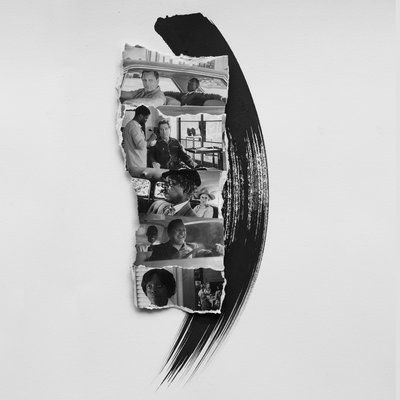Sixteen-year-old Tara Perry followed her man into crime and madness
Three months before it all started, she'd been a shy sophomore at Aurora Central High School, a member of the soccer and speech teams. Then Randy Miller had come out of prison and back into her world. A 22-year-old former child prostitute and drug dealer, Miller had promised to take her away from a tumultuous and painful home life. But the journey he had in mind led downward, into a terrifying series of home invasions and armed robberies and, finally, a few hours after the King Soopers stickup, to a standoff with state troopers in a small Kansas town.








